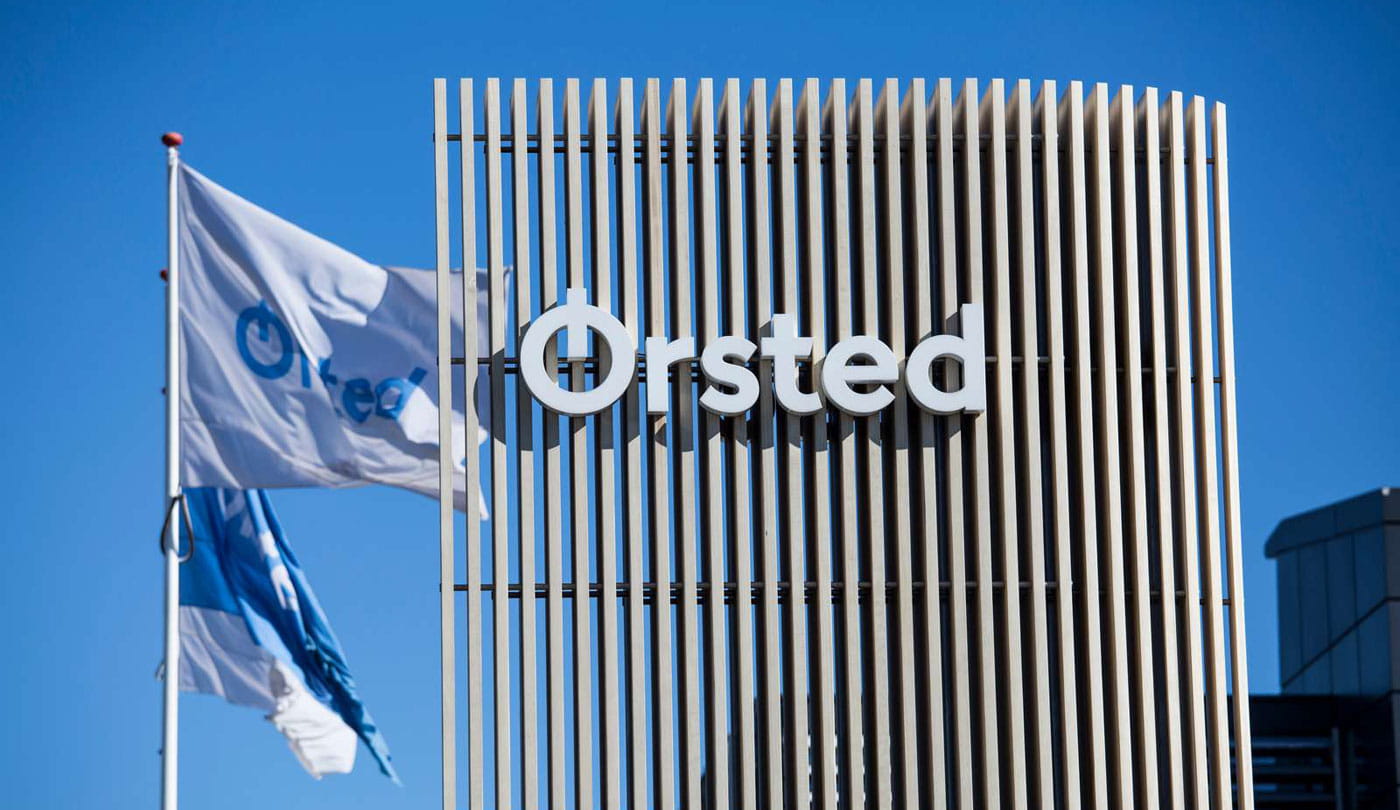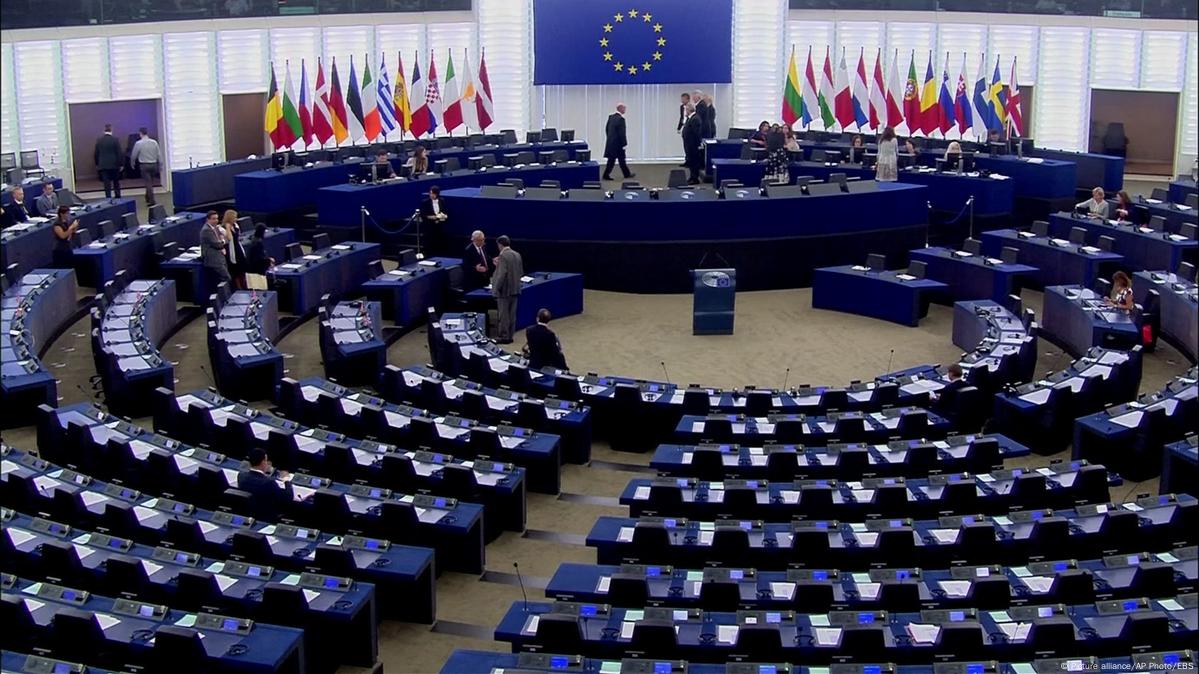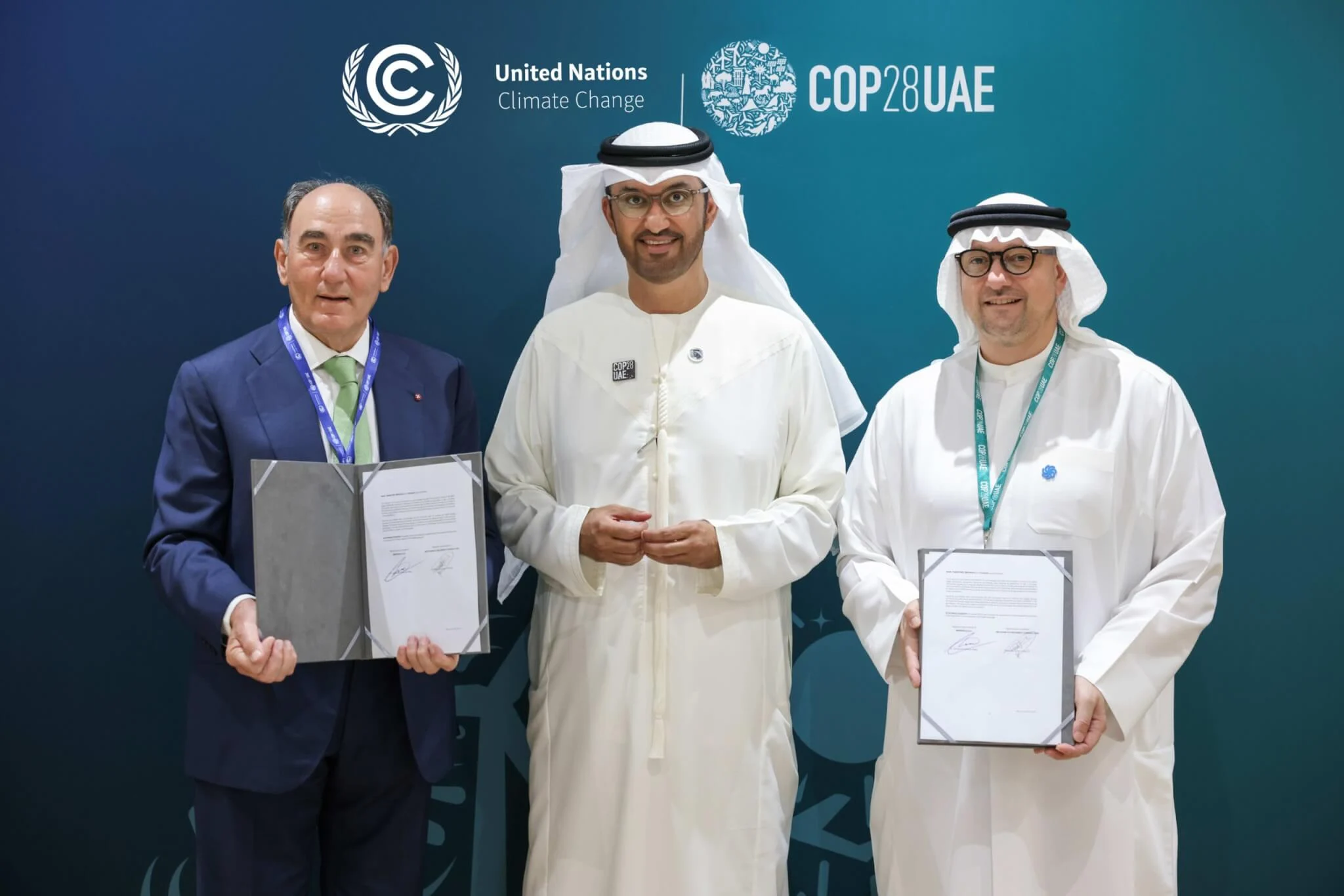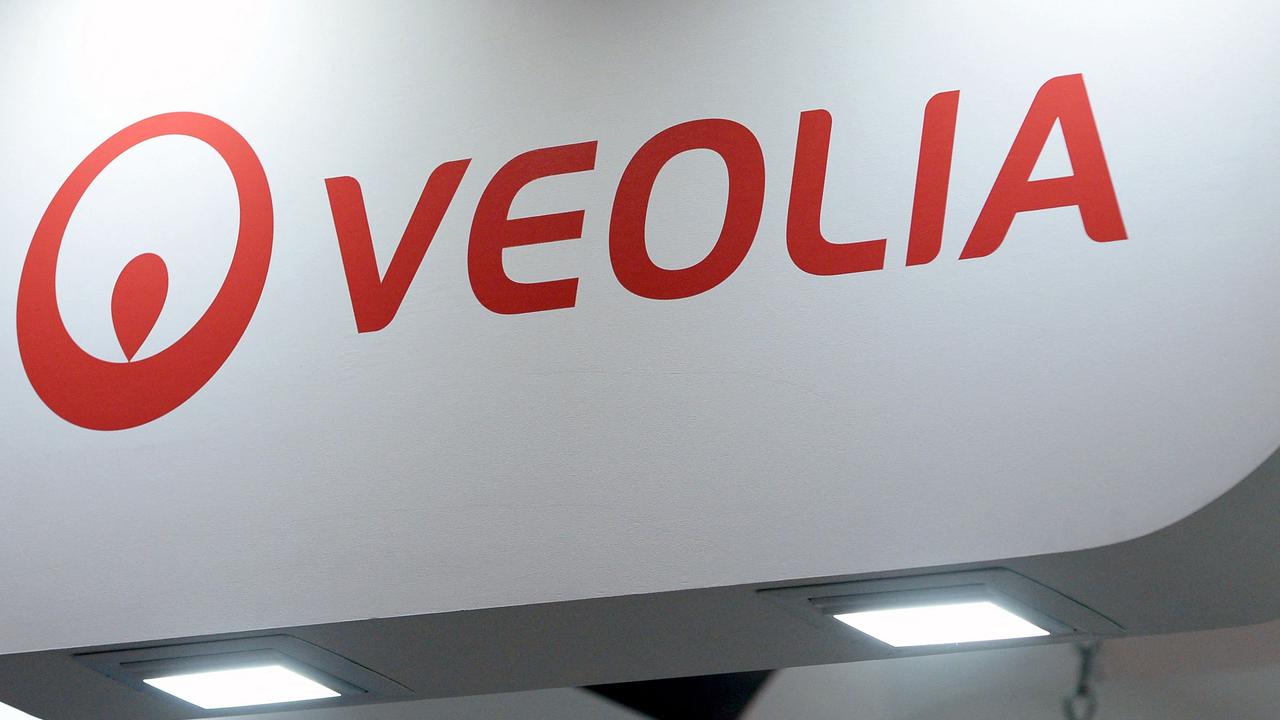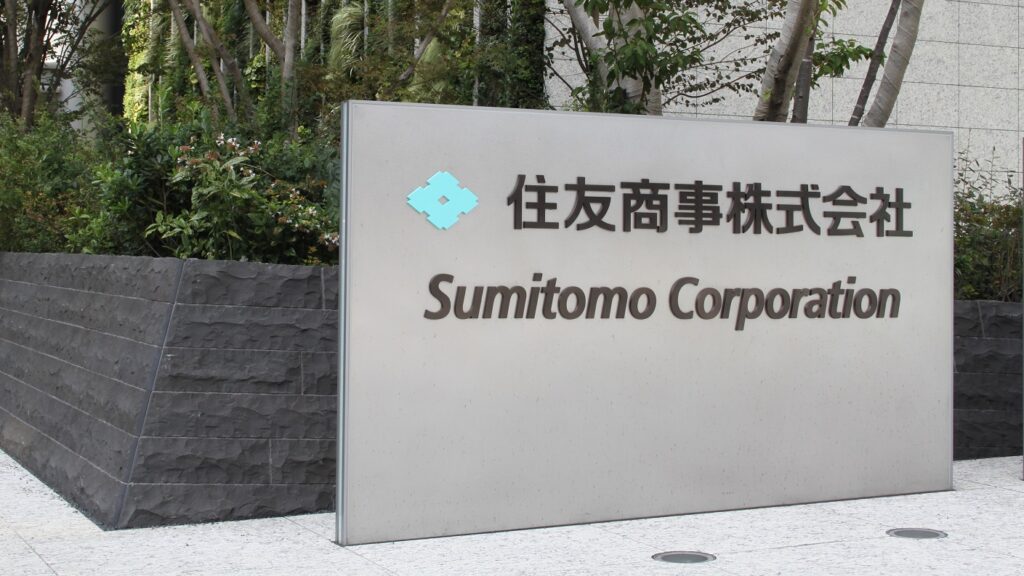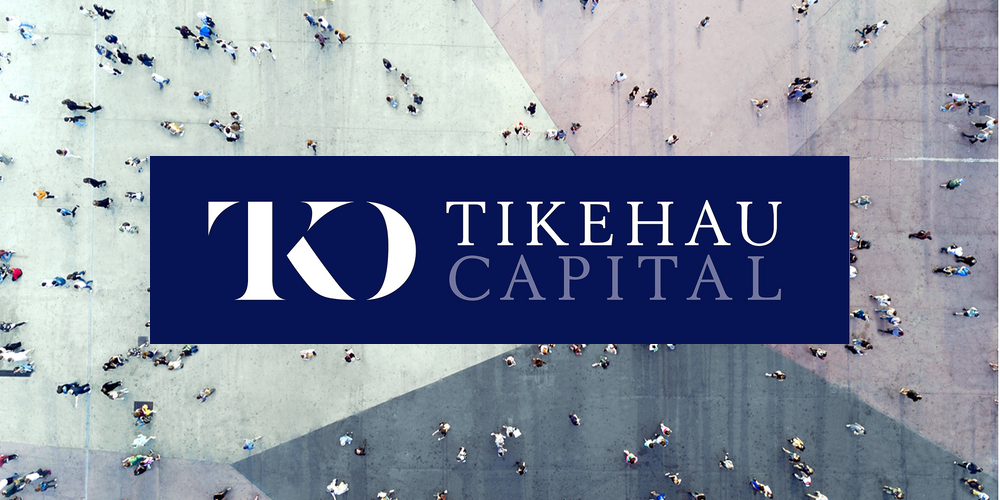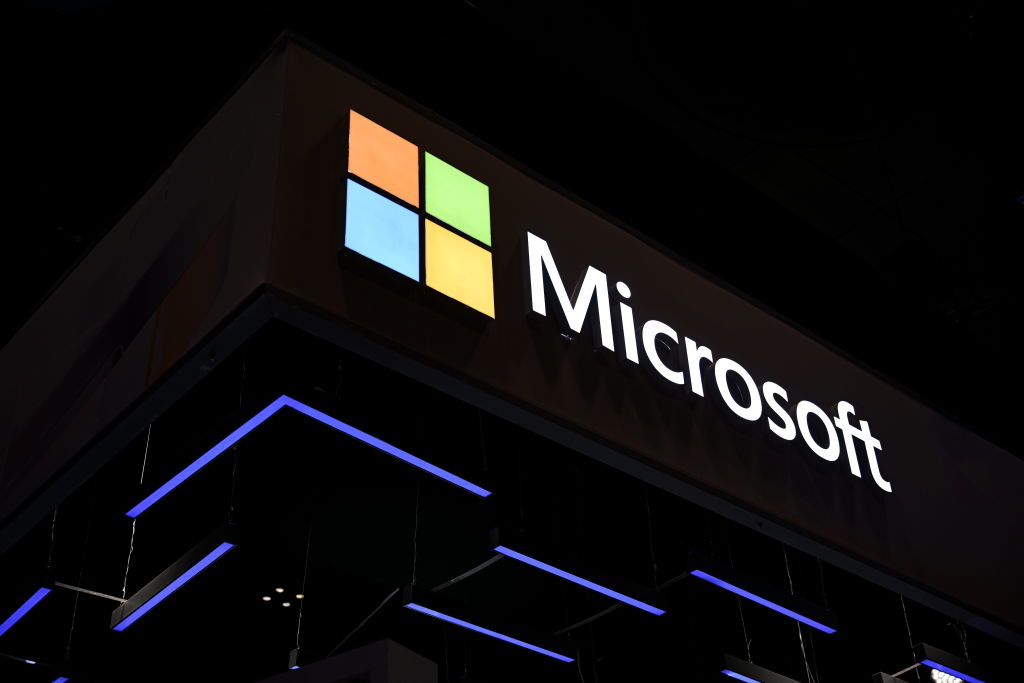Nestlé and Mars Fund $27 Million to Cut Dairy Emissions in Fonterra Partnership
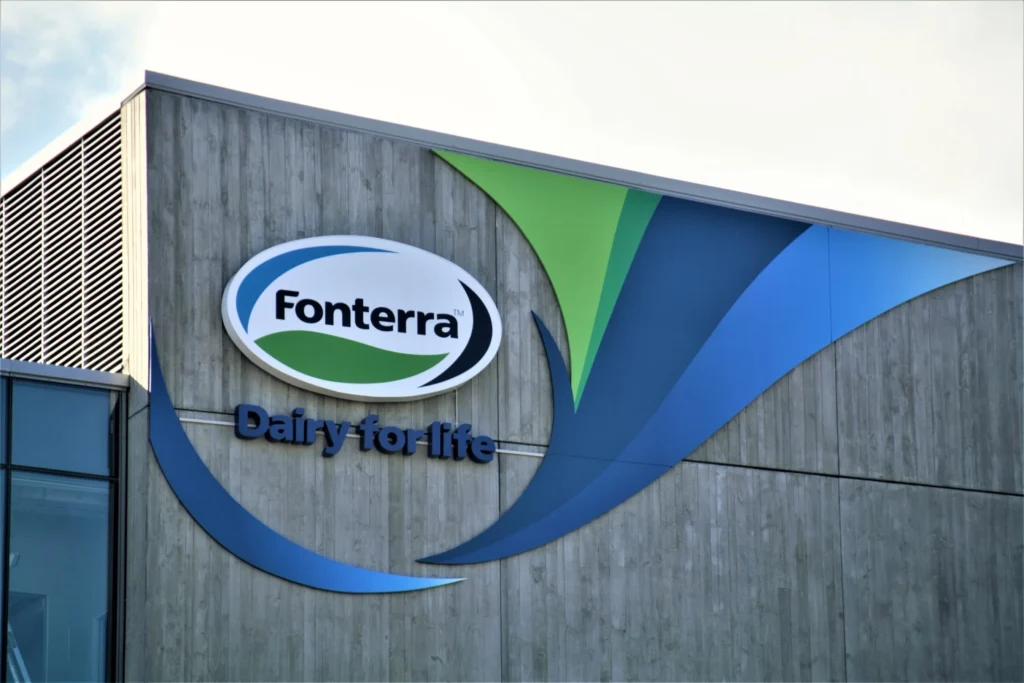
|
Listen to this story:
|
- $27M Investment: Mars will invest $27 million over five years to reduce dairy-related emissions by 150,000 metric tons by 2030.
- Incentives for Farmers: Fonterra will provide payments to farmers who achieve lower emissions, with funds from Nestlé and Mars supporting tools, technology, and direct financial incentives.
- Net Zero Goals: Nestlé and Mars aim for net zero emissions across their value chains by 2050, with dairy being a key emissions contributor.
Nestlé and Mars have partnered with New Zealand-based dairy cooperative Fonterra to fund new initiatives aimed at reducing the climate footprint of dairy farming. Dairy is the largest source of Scope 3 greenhouse gas emissions for Nestlé and the second-largest for Mars’ Snacking division.
Jennifer Chappell, CEO of Nestlé New Zealand, emphasized the company’s commitment to reducing Scope 3 emissions:
“As we strive towards achieving net zero emissions by 2050, we are committed to reducing our Scope 3 emissions. We will continue to support farmers, in partnership with Fonterra, fostering new economic opportunities and helping them lower their greenhouse gas emissions.”
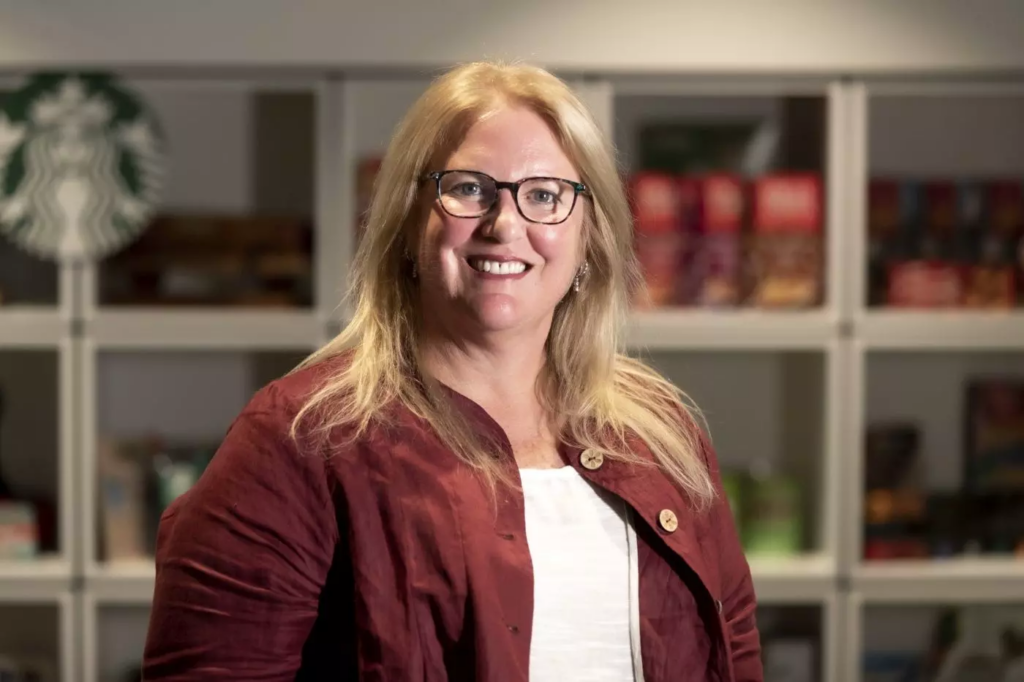
How It Works:
- Financial Support: Mars is investing $27 million in Fonterra farming families over five years to accelerate emissions reductions.
- Emissions-Based Payments: Farmers who lower their emissions by at least 30% compared to the industry average will receive incentive payments of NZ$0.10-0.25 per kgMS.
- On-Farm Tools: A portion of the funding will go toward emissions-reducing tools and technology for eligible farmers.
Fonterra has a target of cutting on-farm emissions intensity by 30% by 2030 from a 2018 baseline. The co-op will introduce additional payments of NZ$0.01-0.05 per kgMS for farms meeting specific emissions thresholds.
Related Article: Mars Announces $47 Million Plan to Reduce Emissions in the Dairy Supply Chain
Miles Hurrell, CEO of Fonterra, highlighted the importance of customer partnerships in sustainability efforts:
“We’re growing relationships with customers who value the hard work farmers put into producing sustainable, high-quality milk, along with the Co-op’s quality of on-farm data and ongoing commitment to improvement.”

Looking Ahead:
- Nestlé’s Targets: 20% emissions reduction by 2025 and 50% by 2030 from a 2018 baseline.
- Mars’ Progress: 16% reduction in greenhouse gas emissions since 2015, aiming for a 50% cut by 2030.
Amanda Davies, Chief R&D, Procurement, and Sustainability Officer at Mars Snacking, stressed the importance of financial backing for farmers adopting sustainable practices:
“That’s why we’re working with partners like Fonterra to help remove this barrier – providing cash, tools, and technology to support farmers in making meaningful, long-term changes.”

These efforts mark a major step in the food industry’s transition to lower-emission dairy supply chains.
Follow ESG News on LinkedIn

